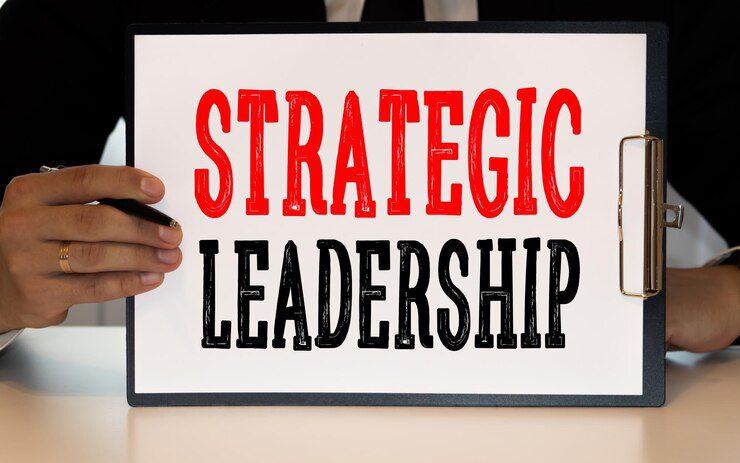In today’s rapidly changing and dynamic business environment, strong leadership is more essential than ever. Leaders are not just guiding teams—they’re shaping the future of their organizations. Leadership development is the key to unlocking success and driving positive change. This blog explores essential leadership strategies and provides actionable insights to elevate your leadership skills and achieve lasting success.
The Essence of Leadership Development
Leadership development is more than just a buzzword; it’s a critical component of organizational growth and personal success. According to a report by LinkedIn, 94% of employees would stay at a company longer if it invested in their career development. This statistic highlights the direct correlation between effective leadership and employee retention, underscoring the importance of nurturing leadership skills.
Foster a Growth Mindset
Embrace Continuous Learning:
The most successful leaders are those who continually seek knowledge and growth. Embracing a growth mindset involves seeing challenges as opportunities for growth and learning, rather than as barriers. This approach not only helps leaders adapt to changing circumstances but also inspires their teams to pursue innovation and improvement.
Statistics Insight:
A study by the Harvard Business Review found that 70% of employees who perceive their leaders as growth-oriented are more engaged and motivated. Leaders who invest in their own development and encourage their teams to do the same foster a culture of excellence.
Cultivate Emotional Intelligence
Understand and Manage Emotions:
Emotional intelligence (EI) is fundamental to effective leadership. It requires awareness and control of your own emotions, along with the ability to understand and positively impact the emotions of others. Leaders with high EI can navigate complex interpersonal dynamics and build stronger, more cohesive teams.
Practical Application:
Implement regular self-reflection practices and seek feedback from colleagues to enhance your emotional awareness. Training in emotional intelligence can lead to better decision-making and improved team performance.
Communicate with Clarity and Authenticity
Be Transparent and Honest:
Effective communication is vital for leadership success. Leaders must articulate their vision clearly and communicate openly with their teams. Transparency builds trust and ensures that everyone is aligned with organizational goals.
Key Statistic:
According to a report by the Project Management Institute, organizations with effective communication strategies are 50% more likely to meet project objectives. Clear communication fosters a collaborative environment and drives collective success.
Empower and Delegate
Trust Your Team:
Empowerment and delegation are essential for leadership development. Trusting your team with responsibilities not only lightens your workload but also promotes growth and development among team members. Effective delegation involves assigning tasks based on individual strengths and providing the support needed for success.
Why It Matters:
A Gallup survey revealed that employees who feel empowered are 70% more engaged in their work. Delegating effectively allows leaders to focus on strategic priorities while enabling team members to take ownership of their roles.
Lead by Example
Model the Behavior You Expect:
Leadership is not just about telling people what to do; it’s about demonstrating the values and behaviors you expect from your team. Leading by example involves modeling professionalism, work ethic, and commitment to organizational values.
Insightful Statistic:
According to the Center for Creative Leadership, 60% of employees say they look up to their leaders as role models. Leaders who embody the qualities they wish to see in their teams create a positive and motivating work environment.
Foster Innovation and Adaptability
Encourage New Ideas:
In a rapidly changing world, innovation is key to moving ahead. Leaders should create an environment where new ideas are encouraged and explored. Adaptability involves embracing change and finding creative solutions to emerging challenges.
Data Point:
A McKinsey report shows that companies with a strong focus on innovation are 40% more likely to experience significant growth. Encouraging innovation and being adaptable ensures that organizations remain competitive and resilient.
Conclusion
Leadership development is an ongoing journey that requires dedication, self-awareness, and a promise to growth. By fostering a growth mindset, cultivating emotional intelligence, communicating clearly, empowering your team, leading by example, and embracing innovation, you can develop the strategies needed for leadership success.
Mastering leadership development is about more than just managing people—it’s about inspiring them, driving change, and achieving collective success. Embrace these strategies, invest in your growth, and watch your leadership skills transform your career and your organization.







